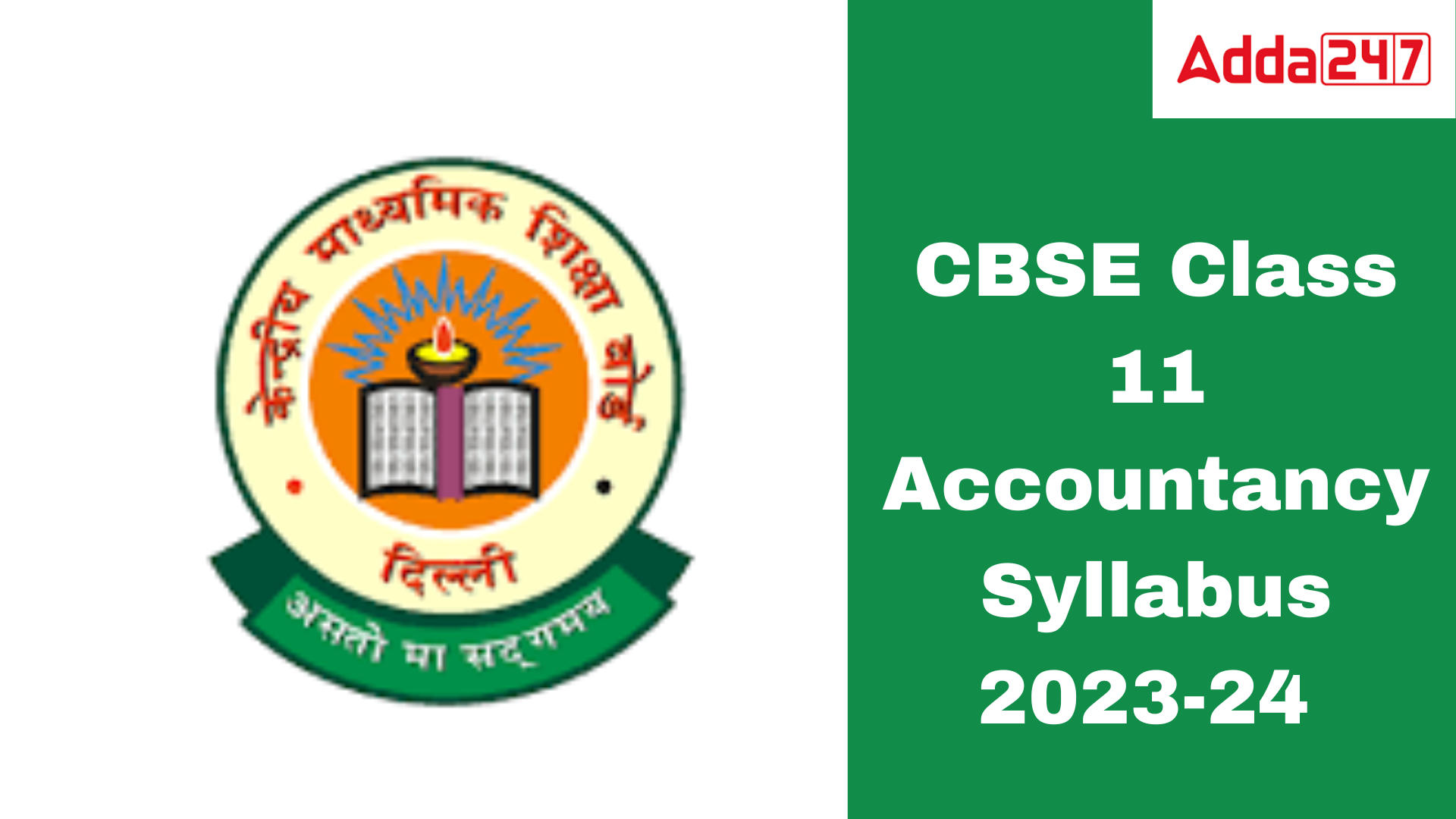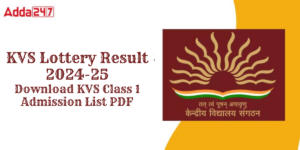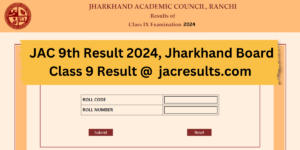Table of Contents
CBSE Class 11 Accountancy Syllabus 2023-24: CBSE, or the Central Board of Secondary Education, has released the accounting programme for high school students for the years 2023 and 2024. Accountancy is a subject that students in the Commerce stream will study for the first time in the 11th grade. They need to know the course well because it is their first time studying the subject. Also, students need to look at the syllabus at every step of their studies so they know what they need to do and what is expected of them for the test or review. Check here for information about how the course is set up and what it will cover, as well as how the test papers and projects should be set up. Students can also get the CBSE Class 11 Accountancy course for 2024 as a PDF from the link given.
CBSE Class 11 Accountancy Syllabus 2023-24
The following topics are on the CBSE Class 11 Accountancy Syllabus for 2023-2024:Accounting Ideas and Principles: This unit explains the basics of accounting, such as the accounting equation, the double-entry method, and accounting standards. Bank Reconciliation Statement: This lesson is about making bank reconciliation statements.Trial Balance and Errors: This unit is about making trial balances and figuring out where mistakes are.Adjustments for Preparing Financial Statements: This unit is about the changes that need to be made when putting together financial statements.Final Accounts: This unit is about putting together final accounts like the profit and loss statement and the balance sheet.Basics of Taxation: This unit covers the basics of taxation, like the different kinds of taxes and how to figure out your taxes.Accounting for Partnership Firms: This unit is about accounting for partnership firms, like making partnership records and figuring out how much of the profits each partner gets.Computerized Accounting: This unit covers the basics of computerised accounting, such as the different kinds of accounting tools and how accounting works in a computerized setting.
CBSE Class 11 Accountancy Syllabus 2023-24 PDF
CBSE Class 11 Accountancy Syllabus 2023-24 helps Students to point out important topics of class 11 accounts subject. download CBSE Class 11 Accountancy Syllabus 2023-24 PDF from given below link.
CBSE Class 11 Accountancy Syllabus 2023-24
CBSE Class 11 Accountancy Syllabus 2023-24 Course structure
The table below consists of the course structure of the CBSE Class 11 accountancy syllabus 2023-24.
| Theory: 80 Marks
Time: 3 Hours |
|
| Units | Marks |
| Part A: Financial Accounting-1 | |
| Unit-1: Theoretical Framework | 12 |
| Unit-2: Accounting Process | 44 |
| Part B: Financial Accounting-II | |
| Unit-3: Financial Statements of Sole Proprietorship | 24 |
| Part C: Project Work | 20 |
CBSE Class 11 Accountancy Syllabus 2023-24 Question paper design
The table below consists of the question paper design of the CBSE Class 11 accountancy syllabus 2023-24
| Question Paper Design 2023-24
Theory = 80 Marks Project = 20 Marks |
||
| Typology of Questions | Marks | Percentage |
| Remembering and Understanding:
Exhibit memory of previously learned material by recalling facts, terms, basic concepts, and answers. Demonstrate understanding of facts and ideas by organizing, comparing, translating, interpreting, giving descriptions, and stating main ideas |
44 | 55 |
| Applying: Solve problems to new situations by applying acquired knowledge, facts, techniques and rules in a different way. | 19 | 23.75 |
| Analysing, Evaluating and Creating:
Examine and break information into parts by identifying motives or causes. Make inferences and find evidence to support generalizations. Present and defend opinions by making judgments about information, validity of ideas, or quality of work based on a set of criteria. Compile information together in a different way by combining elements in a new pattern or proposing alternative solutions. |
17 | 21.25 |
| TOTAL | 80 | 100 |
CBSE Class 11 Accountancy Syllabus 2023-24 Unit-wise syllabus
PART A: Financial Accounting – I
Unit-1: Theoretical Frame Work
| Units/Topics |
| Introduction to Accounting ·
Accounting- concept, meaning, as a source of information, objectives, advantages and limitations, types of accounting information; users of accounting information and their needs. Qualitative Characteristics of Accounting Information. Role of Accounting in Business. · Basic Accounting Terms- Entity, Business Transaction, Capital, Drawings. Liabilities (Non-Current and Current). Assets (Non-Current, Current); Expenditure (Capital and Revenue), Expenses, Revenue, Income, Profit, Gain, Loss, Purchase, Sales, Goods, Stock, Debtor, Creditor, Voucher, Discount (Trade discount and Cash Discount) Theory Base of Accounting Fundamental accounting assumptions: GAAP: Concept · Basic accounting concepts: Business Entity, Money Measurement, Going Concern, Accounting Period, Cost Concept, Dual Aspect, Revenue Recognition, Matching, Full Disclosure, Consistency, Conservatism, Materiality and Objectivity · System of Accounting. Basis of Accounting: cash basis and accrual basis · Accounting Standards: Applicability of Accounting Standards (AS) and Indian Accounting Standards (IndAS)· Goods and Services Tax (GST): Characteristics and Advantages. |
Unit-2: Accounting Process
| Units/Topics |
| Recording of Business Transactions ·
Voucher and Transactions: Source documents and Vouchers, Preparation of Vouchers, Accounting Equation Approach: Meaning and Analysis, Rules of Debit and Credit. · Recording of Transactions: Books of Original Entry- Journal · Special Purpose books: · Cash Book: Simple, cash book with bank column and petty cashbook Purchases book · Sales book · Purchases return book · Sales return book · Journal proper Note: Including trade discount, freight and cartage expenses for simple GST calculation. · Ledger: Format, Posting from journal and subsidiary books, Balancing of accounts Bank Reconciliation Statement: · Need and preparation, Bank Reconciliation Statement Depreciation, Provisions and Reserves · Depreciation: Meaning, Features, Need, Causes, factors· Other similar terms: Depletion and Amortisation · Methods of Depreciation: i. Straight Line Method (SLM) ii. Written Down Value Method (WDV) Note: Excluding change of method · Difference between SLM and WDV; Advantages of SLM and WDV · Method of recording depreciation i. Charging to an asset account ii. Creating provision for depreciation/accumulated depreciation account Treatment of disposal of asset · Provisions, Reserves, Difference Between Provisions and Reserves. · Types of Reserves: i. Revenue reserve ii. Capital reserve iii. General reserve iv. Specific reserve v. Secret Reserve · Difference between capital and revenue reserve Trial Balance and Rectification of Errors · Trial balance: objectives, meaning and preparation (Scope: Trial balance with balance method only) Errors: classification errors of omission, commission, principles, and compensating; their effect on Trial Balance. · Detection and rectification of errors; (i) Errors which do not affect the trial balance (ii) Errors which affect trial balance · preparation of suspense account. |
Part B: Financial Accounting – II
Unit 3: Financial Statements of Sole Proprietorship
| Units/Topics |
| Financial Statements
Meaning, objectives and importance; Revenue and Capital Receipts; Revenue and Capital Expenditure; Deferred Revenue Expenditure. Opening journal entry. Trading and Profit and Loss Account: Gross Profit, Operating Profit and Net Profit. Preparation. Balance Sheet: need, grouping and marshalling of assets and liabilities. Preparation. Adjustments in preparation of financial statements concerning closing stock, outstanding expenses, prepaid expenses, accrued income, income received in advance, depreciation, bad debts, provision for doubtful debts, provision for discount on debtors, Abnormal loss, Goods taken for personal use/staff welfare, interest on capital and managers commission. Preparation of Trading and Profit and Loss account and Balance Sheet of a sole proprietorship with adjustments. |
| Incomplete Records
Features, reasons and limitations. Ascertainment of Profit/Loss by Statement of Affairs method. (excluding conversion method) |
CBSE Class 11 Accountancy Syllabus 2023-24 Project work
- Getting the source papers, making the vouchers, and using the vouchers to record the transactions.
- Preparing a Bank Reconciliation Statement using a cash book and a passbook with 20–25 purchases in each.
- Complete project for any business run by one person. This could say that the Trial balance is being made with the journal notes and their tallying. Trading, Balance Sheet, and Profit and Loss Account. A pie chart or bar diagram should be used to show expenses, incomes, profit (or loss), assets, and debts. This could include easy transactions with GST.
Also check ,


 KVS Lottery Result 2024-25 List Out, Get...
KVS Lottery Result 2024-25 List Out, Get...
 JAC 9th Result 2024, Jharkhand Board Cla...
JAC 9th Result 2024, Jharkhand Board Cla...
 NEET Admit Card 2024 Release Date, NEET ...
NEET Admit Card 2024 Release Date, NEET ...















